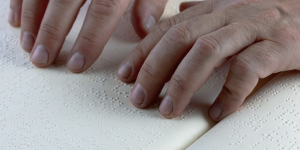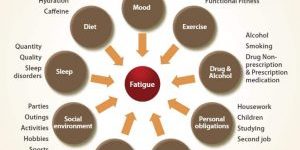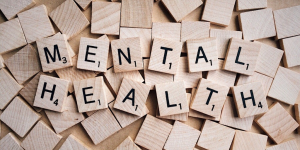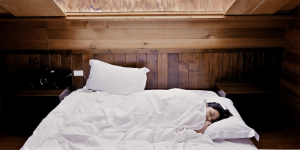Are you exercising hard enough?
Assessing your Fatigue
Your personal safety, and the safety of those around you, is dependent on three factors when it comes to fatigue: recognition that you are feeling fatigued;understanding the potential consequences of……
The impacts on circadian rhythm and melatonin production in visually impaired people
Light is captured through photoreceptors in the eyes which transmit this to the suprachiasmatic nucleus (SCN), or internal body clock, via a dedicated neural pathway. Each day the light-dark cycle……
Anxiety and fatigue
While the symptoms of anxiety disorders change with the specific diagnosis, the common theme is an overwhelming sense of worry and the associated lack of concentration, feeling tired and irritable.……
What are the best methods to improve sleep quality during menopause?
Many women report disturbed sleep during perimenopause and menopause. This often includes difficulty falling or staying asleep and waking through the night or very early in the morning. There are……
What can you do to manage fatigue?
Taking action against fatigue happens in two forms: 1) the action you take when you experience fatigue; and 2) the action you take to prevent fatigue and therefore become more……
Napping
Effective napping is a skill, which cannot be achieved by everyone. Napping cannot replace sleep, but can assist in times of sleep debt, extreme tiredness and/or when heightened alertness is……
Optimising sleep for night shift
In a 2018 article in the British Medical Journal (BMJ 2018;360:j5637 doi: 10.1136/bmj.j5637 [Published 1 March 2018]) the topic of optimsing sleep for night shift was covered with the aim……
Top tips for management mental health
Putting it all together Depression, anxiety and stress are major risk factors of fatigue. The good news is that they are all treatable conditions and many people overcome mood disorders……
Fitness levels
REGULAR PHYSICAL ACTIVITY leads to improved physical and functional (i.e. real-life, every day activities) fitness which has a major impact on reducing fatigue. This is because increasing fitness enables our……
Is it possible to have too much sleep each night?
It is still largely unknown how many exact hours of sleep per day are needed in adults, according to their age, their environmental and socio-cultural characteristics. It is generally cited……










